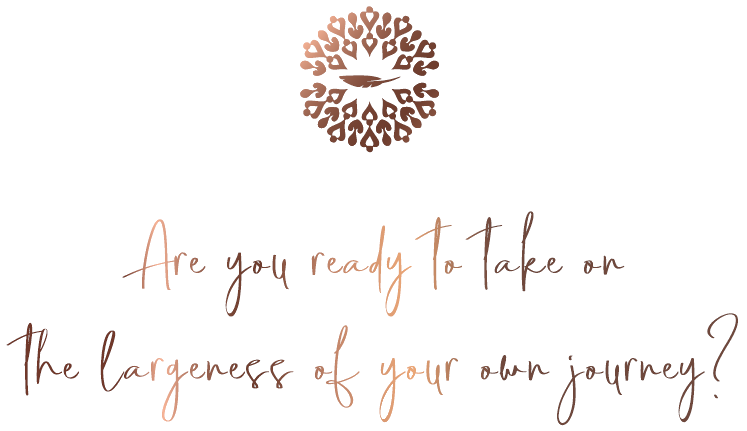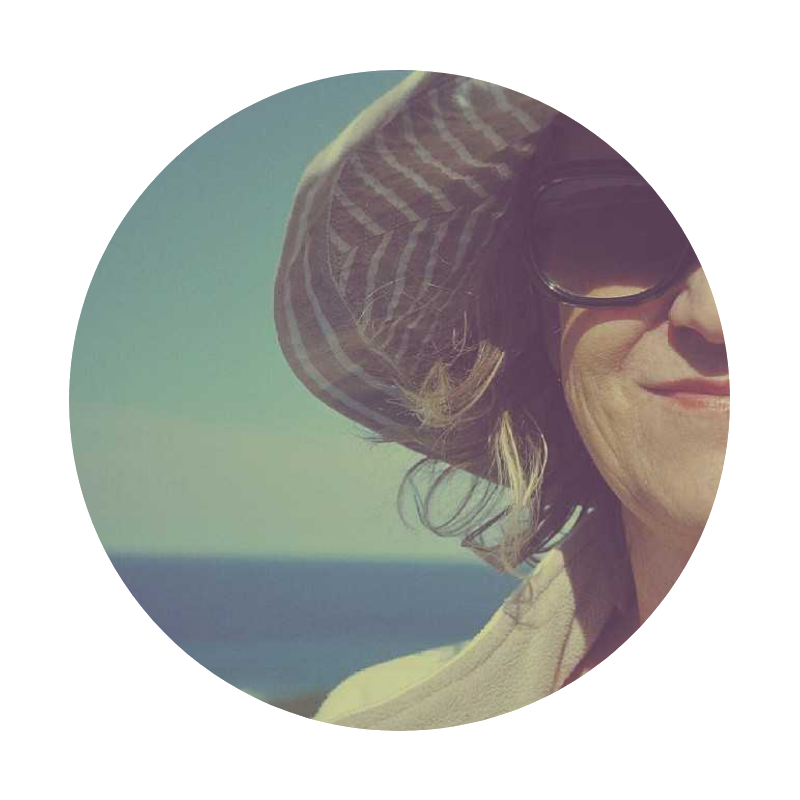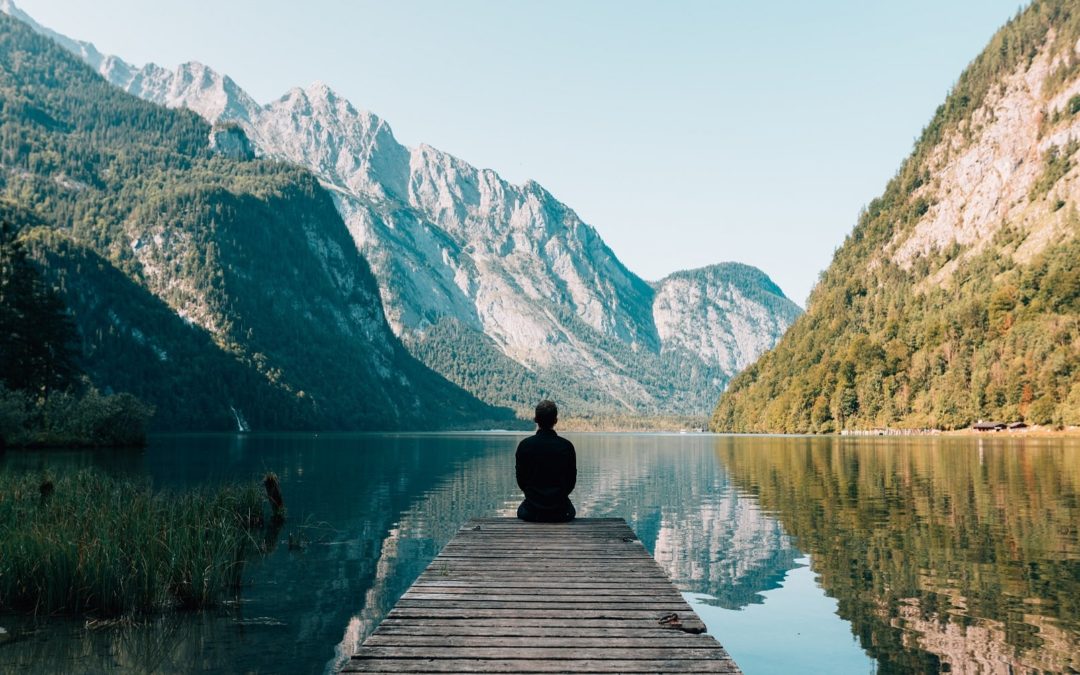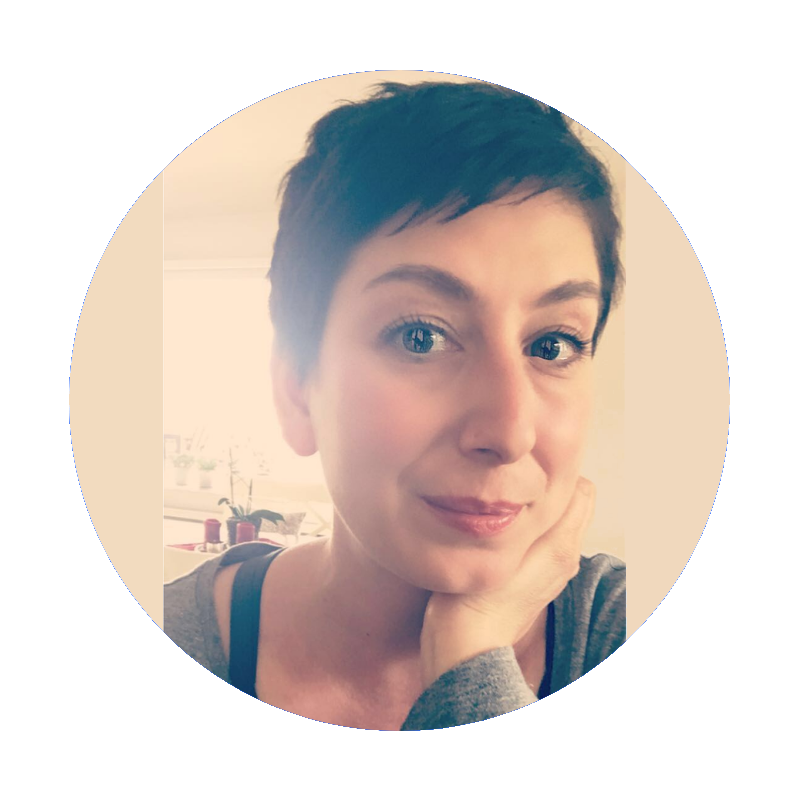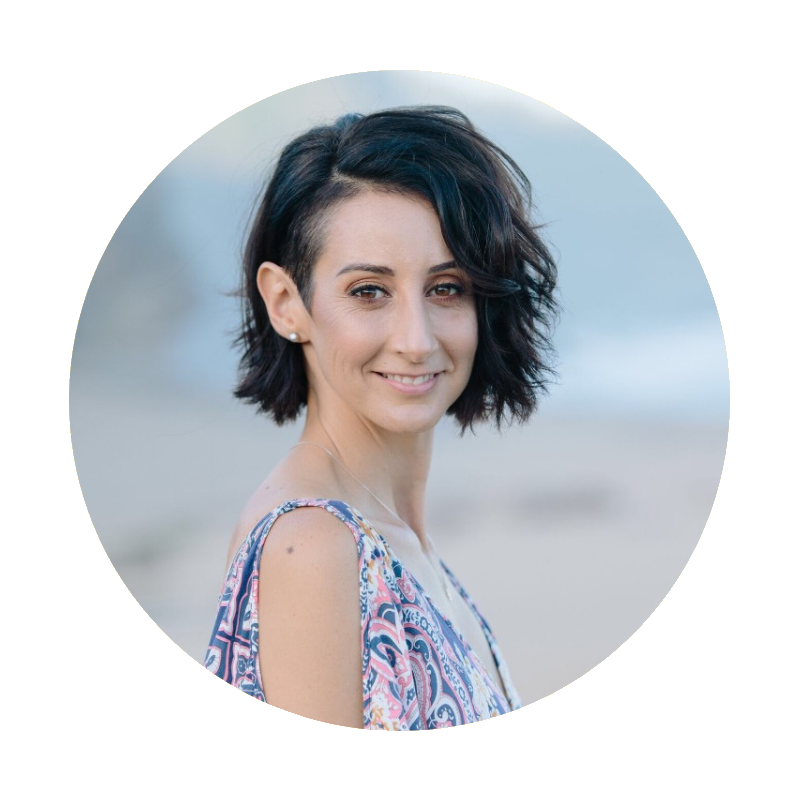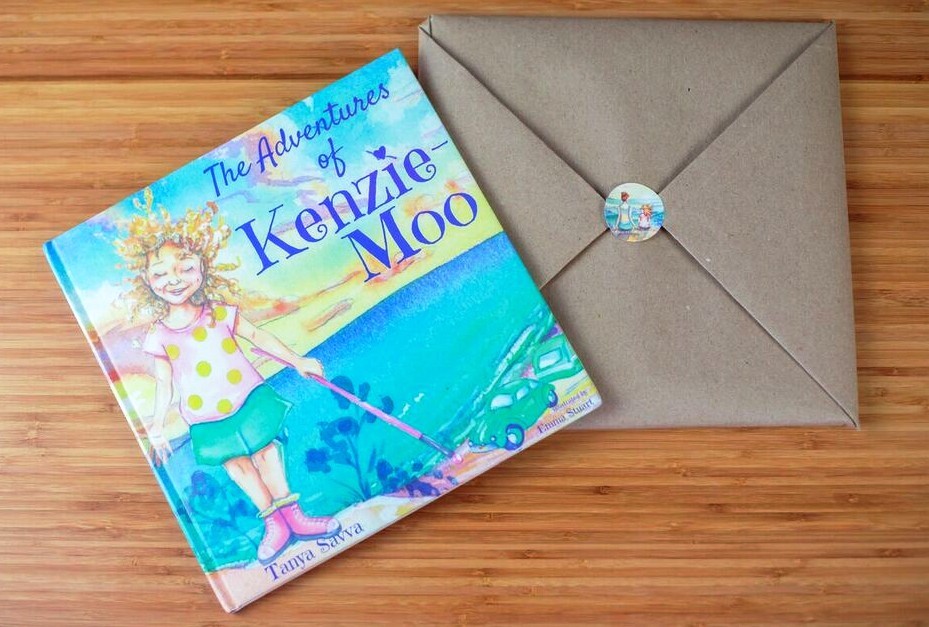
How to Stop the Great Unravelling at Midlife
How to Stop the Great Unravelling at Midlife
We have two lives,
and the second one begins when you realise you only have one.
– Mario de Andrade
You will wake up one day and without looking at your iPhone, you’ll know that you are running out of time.
This bolt of insight will have less to do with your age in chronological time than with the state of your heart. If you’ve been on the run all your life from the truth, that somewhere ‘out there’ is your last day, your last breath, this will come as something of a nasty shock, as if you’d just worked seven years for one bride, and only now discovered you’ve been tricked into marrying another. Or that the terms you thought you’d agreed to have been unilaterally changed and you now want a refund, because who in their right minds would agree to that?
You may want to throttle the teenager, turn your back on the husband, drop the career you’ve been so carefully climbing the ladder towards, never cook another meal again, sell everything, find a younger lover, walk the El Camino, learn to scuba dive, paint, build a tiny house and work out who the hell you are now that nests are emptying and your ovaries have said, “I’m outta here.’
Brene Brown talks about this as the ‘great unravelling.’ It may turn up in our lives as depression (is it just menopause?), anxiety (menopause again?), contemplating divorce or a career change (surely that can’t be menopause??), joylessness (definitely menopause), having an affair (seriously, if not now, when?), resentment at events long-past, late-onset-lesbianism or bisexuality (OMG, that’s an option??) unhappiness for no reason, feelings of irrational rage, disappointment (in ourselves, our relationships, our lay-byed dreams), emptiness, wanting to leave it all behind, directionless-ness.
In the middle of the journey of life, I found myself in a dark wood
where the true way was wholly lost.
– Dante

Joanne Fedler
Author, writing mentor, retreat leader. I’m an internationally bestselling author of nine books, inspirational speaker and writing mentor. I’ve had books published in just about every genre- fiction, non-fiction, self-help, memoir – by some of the top publishing houses in the world. My books have sold over 650 000 copies and have been translated in a range of languages. Two of my books have been #1 Amazon bestsellers, and at one point the German edition of Secret Mothers’ Business outsold Harry Potter- crazy, right?
The deepest questions of identity re-emerge to destabilize us just when we thought we had it all together.
Who are you?
Where did you come from?
Why are you here?
Seriously, after all we’ve been through?
Trust me, you are not alone.
In midlife, a seismic shift occurs between our past and whatever future lies ahead. Our ego-structures no longer work (who am I, again?), and we have to return to the labor of self-definition once more. We may have lost a parent or two. Our kids may have left home, or we realise we’re never going to have those kids we meant to have. The tummy pouch doesn’t help. The insomnia makes everything worse. We feel confined and belittled – by a stagnant relationship, stultifying routine or past failures and mistakes. Even our successes aren’t benign – we look back and are filled with sorrow at how many doors we never opened while we chased our goal of becoming an ‘expert’ or ‘specialist.’ It seemed like a good idea at the time – having something to ‘fall back on.’
We question why we were so quick to say ‘I do,’ ‘I’ll take that promotion,’ ‘sure, let’s have another kid.’ The roles and expectations we’ve been in service to no longer fit who we’ve become. Everything is too tight or too loose. We’ve outworn our responsibilities, graduated from our histories and outgrown the version of ourselves we’ve spent so long chasing.
We wonder, not just a little, what life has been suppressed inside us to get us to where we are.
And goddamit, we always wanted to write a book.
Dear soul, this is it.
This is where your second life begins.
Now is the moment to go back to retrieve what we left behind in our past as too painful or shameful. Here is when we arrange a meeting with those we swore we’d never forgive (that meeting may even be with ourselves). We divest ourselves of what is unnecessary – yes, it’s taken just this long for us to know the difference between what is and isn’t serving us.
Geoffrey Davis’s exquisite poem ‘What I Mean When I Say Farmhouse,’ takes him back to a memory as a boy, as loneliness and his parents’ unlived lives shadow his childhood. He ends the poem with:
I want to jar the tenderness of seasons,
to crawl deep into the moment. I’ve come
to write less fear into the boy running
through the half-dark. I’ve come for the boy.
At this midlife moment, our job is to go back for the parts of ourselves that we left behind and ‘write less fear, betrayal, suffering, pain, trauma’ into our stories. We integrate the place where the suffering began, with who we have become. We take the power of who we are now and lend it to the part of ourselves that was most powerless.
And in that meeting, something magical happens.
I want to create the perfect environment for this meeting and so I’ve created a transformational live event in Sydney from 18-22 March 2019. It’s the Midlife Memoir Breakthrough for 20 people who are ready to write into these stories.
Please come join me.

